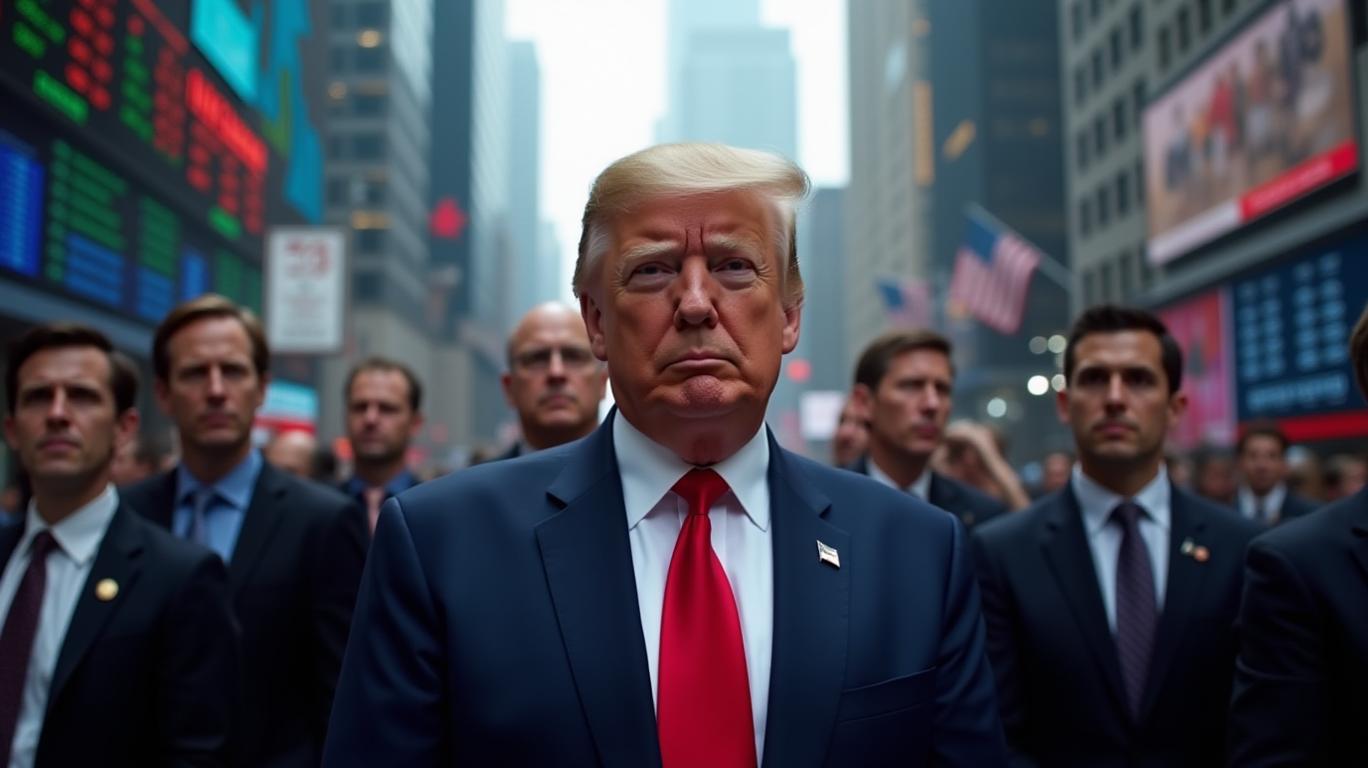Trump's Tariffs Spark Market Volatility Amid Uncertainty
U.S. President Donald Trump has expressed confidence that the market will become very strong once it has adjusted to the tariffs. This statement comes as the administration continues to implement tariffs on various imports, aiming to boost domestic production and reduce reliance on foreign goods. Trump's approach to tariffs has been marked by sudden changes and reversals, creating a sense of uncertainty among businesses and investors.
Trump's optimism is rooted in the belief that tariffs will incentivize companies to produce more goods domestically. By doing so, the U.S. can reduce its dependence on foreign imports and potentially strengthen its economy. However, this strategy has faced criticism from those who argue that increased tariffs could lead to higher costs for consumers and businesses, potentially offsetting any benefits gained from domestic production.
The White House has been working to reassure the public and businesses that the administration has a clear plan despite the apparent chaos surrounding tariff policies. This effort includes a 90-day pause on proposed tariff hikes, during which trade talks are expected to continue. If these talks fail, a 10% flat levy on certain imports could be reinstated, adding further uncertainty to the situation.
The impact of Trump's tariff policies on the market has been significant, with financial markets experiencing volatility in recent weeks. Trump's belief that these measures will ultimately spur domestic production and strengthen the market remains a contentious point, with analysts and economists divided on the potential outcomes. The administration's approach to tariffs continues to be a focal point of debate, with both supporters and critics weighing in on the potential benefits and drawbacks of these policies.

Quickly understand the history and background of various well-known coins
Latest Articles
Stay ahead of the market.
Get curated U.S. market news, insights and key dates delivered to your inbox.



Comments
No comments yet